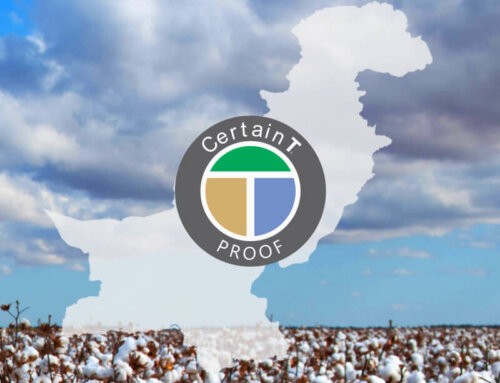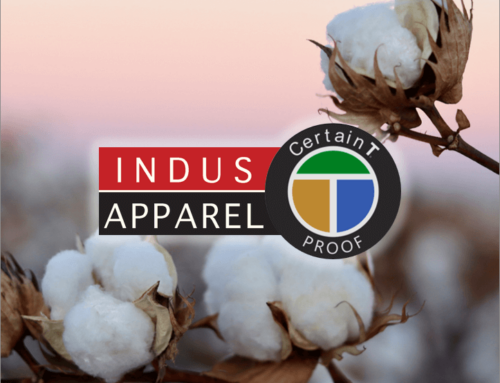Week in Review: Unethical cotton sourcing persists despite scrutiny
From Xinjiang cotton being found in the US to Turkmenistan’s alleged forced labour harvest tainting its supply chain, the ethics of the global cotton industry are in the spotlight once again.
The fact that over half of those blends audaciously claimed US origin provides a very literal meaning to the phrase ‘pulling the wool over our eyes’ or should we say ‘cotton’ in this instance.
Gherzi Textil Organization partner Robert P. Antoshak explained that controlling the use of Xinjiang-origin cotton in global supply chains is an extremely difficult task.
“As the yarn-spinning industry is so accustomed to blending cotton from various geographic regions, it is always going to be difficult for authorities to police the origin of cotton — and the offending companies know it,” he said.
The fact that over half of those blends audaciously claimed US origin provides a very literal meaning to the phrase ‘pulling the wool over our eyes’ or should we say ‘cotton’ in this instance.
Gherzi Textil Organization partner Robert P. Antoshak explained that controlling the use of Xinjiang-origin cotton in global supply chains is an extremely difficult task.
“As the yarn-spinning industry is so accustomed to blending cotton from various geographic regions, it is always going to be difficult for authorities to police the origin of cotton — and the offending companies know it,” he said.
[/vc_column_text]
[/vc_column][/vc_row]The bombshell CertainT isotope testing report that found almost a fifth (19%) of US cotton samples had Xinjiang origin as recently as March this year despite the Uyghur Forced Labor Prevention Act is, to put it mildly, highly concerning.
The fact that over half of those blends audaciously claimed US origin provides a very literal meaning to the phrase ‘pulling the wool over our eyes’ or should we say ‘cotton’ in this instance.
Gherzi Textil Organization partner Robert P. Antoshak explained that controlling the use of Xinjiang-origin cotton in global supply chains is an extremely difficult task.
“As the yarn-spinning industry is so accustomed to blending cotton from various geographic regions, it is always going to be difficult for authorities to police the origin of cotton — and the offending companies know it,” he said.
[/vc_column_text]
[/vc_column][/vc_row]



